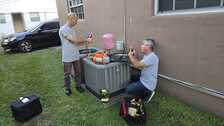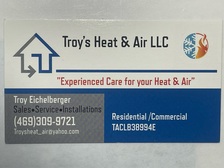
Get matched with top gas log pros in Cooper, TX
Enter your zip and get matched with up to 5 pros
Need a pro for your gas log service project in Cooper, TX?
Verified Reviews for Gas Log Service pros in Cooper, TX
*The Angi rating for Gas Log Service companies in Cooper, TX is a rating based on verified reviews from our community of homeowners who have used these pros to meet their Gas Log Service needs.
*The HomeAdvisor rating for Gas Log Service companies in Cooper, TX is a rating based on verified reviews from our community of homeowners who have used these pros to meet their Gas Log Service needs.
Last update on January 12, 2026
Find Gas log pros in Cooper

AppliancePartsPros.com
AppliancePartsPros.com
Since 1999, we've helped millions of do-it-yourselfers save money and fix their broken appliances quickly by providing quality appliance parts and free repair advice. We are only an online appliance parts retailer that offers a 365 day warranty and fast shipping. We also offer technical advice and diagnosis totally free 6 days a week. If you are interested in repairing your own appliance, please call us at 1-877-477-7278 or click live chat on our web site. We will help diagnose the problem and provide you with all the necessary information for the repair free of charge. It's better with the Pros!™ Avoid costly service calls - visit us at http://www.appliancepartspros.com
"Beware of shipping issues with this company. Ordered an ice maker installation kit on 10/10/25. Shipping was due no later than 10/20 according to company and FedEx tracking. FedEx tracking showed the package at their facility for 8 days without moving beginning on 10/15. Called FedEx 3 times. Each time they said they cannot find package and I have to contact shipper. Shipper has to make a claim, they will not mark it as lost. Called Appliance Parts Pros twice. Each time they say FedEx has to mark package lost before they will do anything. They also state they have to wait 14 days from them before doing anything because of their contract with FedEx. I don't care about their contract, I want what was ordered and paid for. Just going in circles with them and FedEX. If they shipped after 14 days it would be 22 days from that point, 32 days from the date of order if they shipped it that day. There was a deadline for installing this part before tenants arrive. They did not care, would not m"
Ron R on October 2025
Since 1999, we've helped millions of do-it-yourselfers save money and fix their broken appliances quickly by providing quality appliance parts and free repair advice. We are only an online appliance parts retailer that offers a 365 day warranty and fast shipping. We also offer technical advice and diagnosis totally free 6 days a week. If you are interested in repairing your own appliance, please call us at 1-877-477-7278 or click live chat on our web site. We will help diagnose the problem and provide you with all the necessary information for the repair free of charge. It's better with the Pros!™ Avoid costly service calls - visit us at http://www.appliancepartspros.com
"Beware of shipping issues with this company. Ordered an ice maker installation kit on 10/10/25. Shipping was due no later than 10/20 according to company and FedEx tracking. FedEx tracking showed the package at their facility for 8 days without moving beginning on 10/15. Called FedEx 3 times. Each time they said they cannot find package and I have to contact shipper. Shipper has to make a claim, they will not mark it as lost. Called Appliance Parts Pros twice. Each time they say FedEx has to mark package lost before they will do anything. They also state they have to wait 14 days from them before doing anything because of their contract with FedEx. I don't care about their contract, I want what was ordered and paid for. Just going in circles with them and FedEX. If they shipped after 14 days it would be 22 days from that point, 32 days from the date of order if they shipped it that day. There was a deadline for installing this part before tenants arrive. They did not care, would not m"
Ron R on October 2025

Alamo Exteriors
Alamo Exteriors
Siding & Window Contractor
"Mark and his team at Alamo Exteriors did an excellent job of replacing the siding on our home. Our house looks brand new and we could not be happier with the process and the results. Mark was very professional and stayed in contact with us during the entire process. We would definitely use Mark and Alamo Exteriors again."
Rachel W on June 2018
Siding & Window Contractor
"Mark and his team at Alamo Exteriors did an excellent job of replacing the siding on our home. Our house looks brand new and we could not be happier with the process and the results. Mark was very professional and stayed in contact with us during the entire process. We would definitely use Mark and Alamo Exteriors again."
Rachel W on June 2018
HQ Construction & Remodeling LLC
HQ Construction & Remodeling LLC
We can handle all aspects of your remodel or handyman needs, looking to build on to existing structure or need that outdated bathroom a facelift, we can get it done. We offer free estimates and military discounts.
"Will use them over and over! Very pleased"
Charity H on September 2023
We can handle all aspects of your remodel or handyman needs, looking to build on to existing structure or need that outdated bathroom a facelift, we can get it done. We offer free estimates and military discounts.
"Will use them over and over! Very pleased"
Charity H on September 2023
Hooten's Hardware
Hooten's Hardware
Special financing on Toro lawn products. Sales and service on Toro, Echo, Stihl, and Husqvarna. Master Case knife dealer - over 750 Case knives in stock
Special financing on Toro lawn products. Sales and service on Toro, Echo, Stihl, and Husqvarna. Master Case knife dealer - over 750 Case knives in stock

Vincent's Roofing & Steel Bldg
Vincent's Roofing & Steel Bldg
Vincent’s Roofing is a GAF Master Elite Residential Contractor. We’re qualified to deliver the most professional roofing service for your home or business. Additional contact name - Theresa Chovanec. Additional DBAs - Vincent's Roofing, Vincent's Roofing Inc. Additonal Locations: 8806 North Navarro, Suite 600-149, Victoria, Texas 77904 . 1219 North Martin Luther King Hwy, Lake Charles, LA 70601
Vincent’s Roofing is a GAF Master Elite Residential Contractor. We’re qualified to deliver the most professional roofing service for your home or business. Additional contact name - Theresa Chovanec. Additional DBAs - Vincent's Roofing, Vincent's Roofing Inc. Additonal Locations: 8806 North Navarro, Suite 600-149, Victoria, Texas 77904 . 1219 North Martin Luther King Hwy, Lake Charles, LA 70601
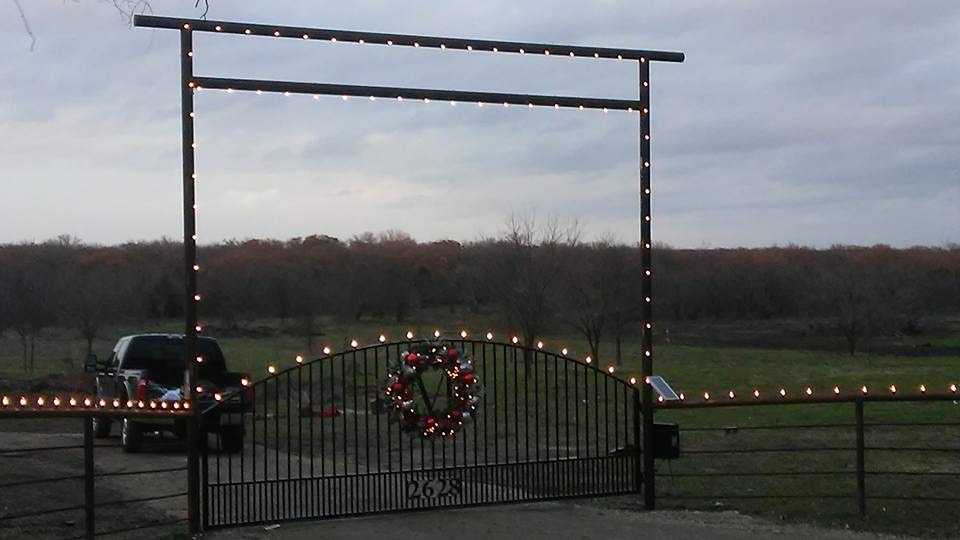
Texas Made Welding Inc.
Texas Made Welding Inc.
We are a small company the consists of only three employees. We normally do all the work required on a jobsite unless a third party is required for other services we don't offer. We except most methods of billing procedures. Materials must me purchased by customer needed for the job. Customer will only be charged for labor or special materials mentioned in the job contract!
We are a small company the consists of only three employees. We normally do all the work required on a jobsite unless a third party is required for other services we don't offer. We except most methods of billing procedures. Materials must me purchased by customer needed for the job. Customer will only be charged for labor or special materials mentioned in the job contract!
Custom Masonry
Custom Masonry
Owner for over 30 years. Have very good references. My new business under D.G. Custom Masonry # 214-604-4183. Owner Danny Gomez.
Owner for over 30 years. Have very good references. My new business under D.G. Custom Masonry # 214-604-4183. Owner Danny Gomez.
T & N Insulation
T & N Insulation
Additional DBA - T & N Insulation LLC. Additional contact name given by member - Damian Limon.
Additional DBA - T & N Insulation LLC. Additional contact name given by member - Damian Limon.
Fountains Tree Service
Fountains Tree Service
Licensed and bonded. 10 employees.
Licensed and bonded. 10 employees.
Wright's Air Conditioning, Inc.
Wright's Air Conditioning, Inc.
We are the oldest, most widely used business of this type in The Hunt County area. We have been providing quality service and installations for residential and commercial applications since 1945. Our customers always come first. 2015 will mark our 70th consecutive year in business.
We are the oldest, most widely used business of this type in The Hunt County area. We have been providing quality service and installations for residential and commercial applications since 1945. Our customers always come first. 2015 will mark our 70th consecutive year in business.
The Cooper, TX homeowners’ guide to gas log services
From average costs to expert advice, get all the answers you need to get your job done.

With a gas fireplace, it’s important to stay up-to-date on your inspections. Learn more about how much gas fireplace inspections cost before you book one.

Whether it's time for pipe replacement or to hook up the range of your dreams, gas line installation cost is an important line in your budget. Let's take a look.

Want a safer, cleaner alternative to your traditional fireplace? Use this guide to determine the cost to convert a fireplace to gas in your home.
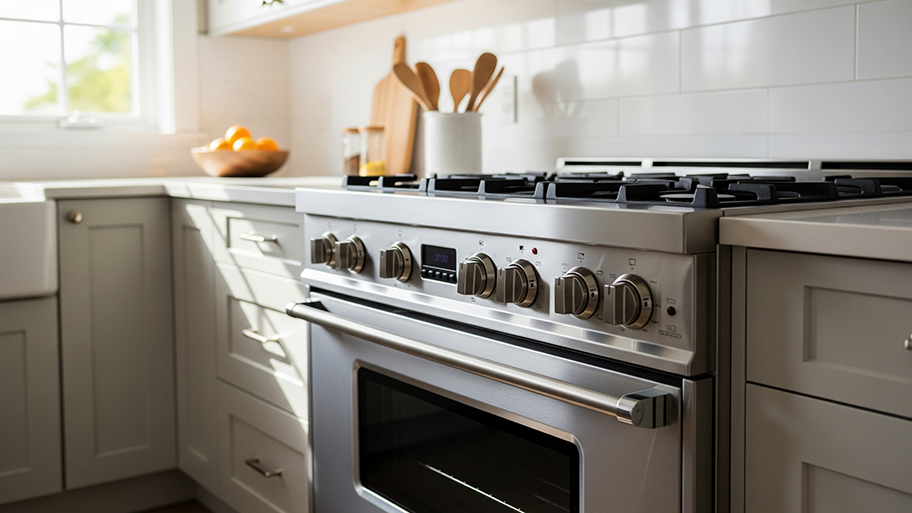
Understand the top reasons why your oven smells like gas, the severity of the issue, and how to address the causes before calling a pro.
Is a homeowner liable if a contractor hits a gas line while digging? Not if you or your contractor have the gas line marked before digging.
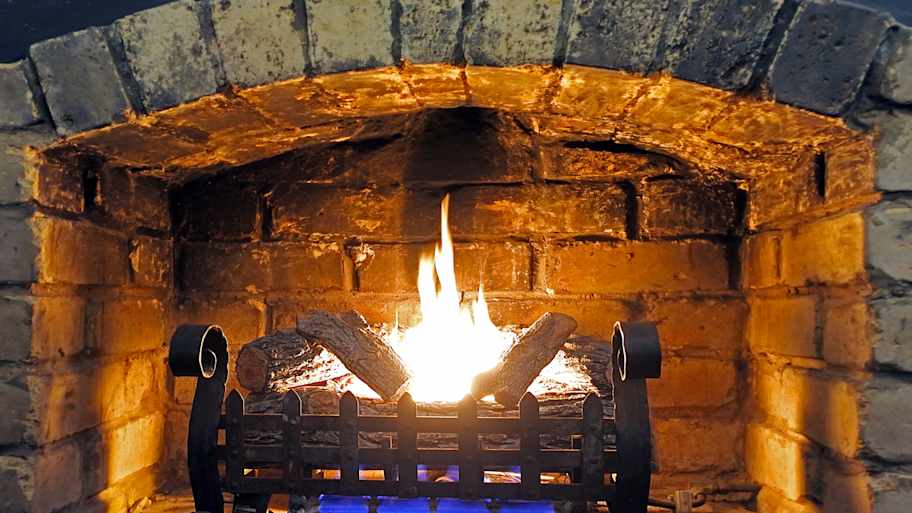
When comparing vented versus ventless gas logs, vented logs are better for ambiance, while ventless gas logs are easier to install and heat a room efficiently.
- Commerce, TX Gas log pros
- Wolfe City, TX Gas log pros
- Campbell, TX Gas log pros
- Paris, TX Gas log pros
- Greenville, TX Gas log pros
- Lone Oak, TX Gas log pros
- Celeste, TX Gas log pros
- Bonham, TX Gas log pros
- Leonard, TX Gas log pros
- Ivanhoe, TX Gas log pros
- Ector, TX Gas log pros
- Trenton, TX Gas log pros
- Caddo Mills, TX Gas log pros
- 🌱 "Mow a small front yard"
- 🛠 "Fix a leaking pipe under the sink"
- 🏠 "Repair shingles on an asphalt roof"

